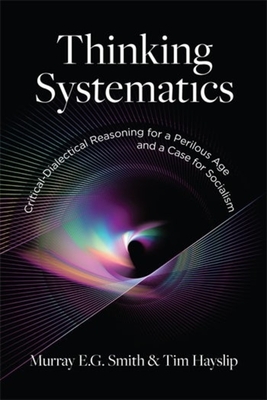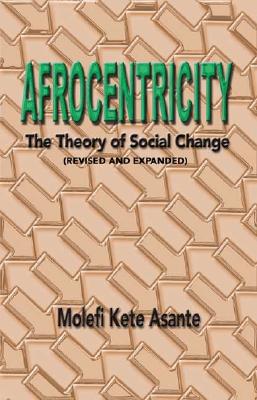
Smith, Murray E. G.
product information
description
ceived as a "toolkit for the mind" -- designed to improve how we think about the world, analyze information and pursue our goals. Smith and Hayslip make a compelling argument that individual thinking and collective decision making are being systematically constrained within limits imposed by outmoded forms of cognition and the determination of privileged elites to perpetuate an unsustainable status quo. The dialectical reasoning advocated in this wide-ranging book aims to overcome those limits and to allow a much more profound understanding of the human condition in the 21st century. Mainstream problem-solving focuses almost exclusively on scientific/technological fixes on one side and moral/cultural remedies on the other. But to comprehend our world adequately far more serious attention must be given to the specifically social, economic and political arrangements shaping our lives. Once embraced by growing numbers of people, TSS strategies, methods and habits of thought can contribute significantly to a "new common sense" -- one adequate to meeting the immense challenges facing humanity in our era.
member goods
No member items were found under this heading.
Return Policy
All sales are final
Shipping
No special shipping considerations available.
Shipping fees determined at checkout.







